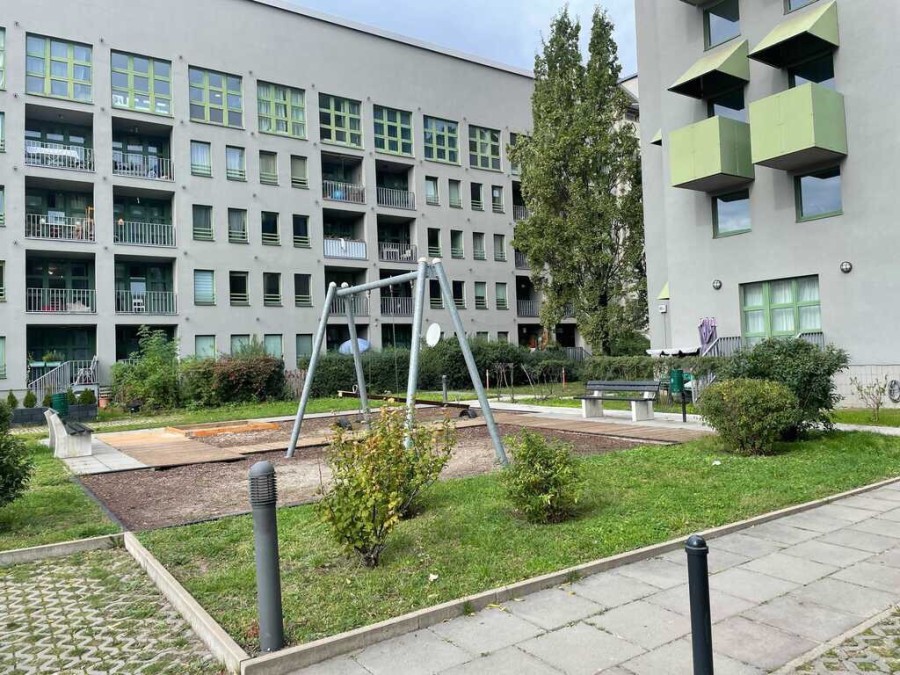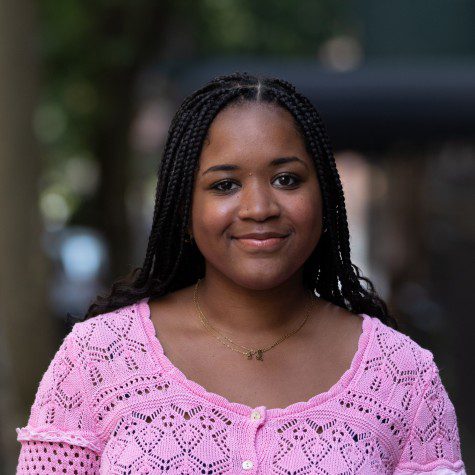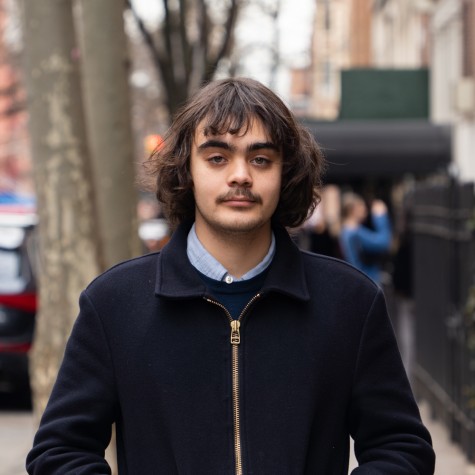Black students leave NYU Berlin early after reports of racism overlooked
After several experiences of racism both on and off campus, some students have opted to leave the study abroad site early.
December 15, 2022
Jordan Lee, a junior at NYU’s Tisch School of the Arts, was walking to a nightclub with his friends near NYU’s study away site in Berlin, when he noticed that another group of people were behind him and his friends. As the group came closer, someone said that Lee and his friends — all of whom are Black — got too close, they would be stabbed.
That was not the only threat of racism he experienced during his time at NYU Berlin. Although Lee stayed on campus through the end of the semester, several other Black students decided to leave early after racist incidents and behavior — both on and off campus.
Racism and harassment is a daily occurrence at the NYU study away site, according to several students who spoke to WSN. Black students have been called the N-word and other slurs, followed by store employees and the police, had other passengers move when they try to sit next to them on trains, and heard people make monkey noises while they walked by.
In another incident Lee described, he and several of his friends were at a Berlin gas station when they were confronted by a group of people who appeared to be carrying knives. He did not report either of the incidents to NYU, partially because they both occurred off campus and therefore outside of the university’s jurisdiction.
“I saw two of my friends in an altercation with these three guys,” Lee said. “A friend who spoke German stepped in and de-escalated the situation and tried to see what was going on.”
Carol Ourivio, an NYU spokesperson, told WSN that administrators at the Berlin campus had never received reports of racism off campus prior to this semester.
“We sadly know all too well that racism is endemic, be it in New York City, or in any city that hosts our global sites, and that we cannot insulate our community from it,” Ourivio said. “And of course, when we learn that members of our community face what they feel is racist behavior within the community, we immediately investigate those charges and take appropriate action.”
Gallatin senior Naomi Thompkins, another Black student at NYU Berlin this semester, said that she and her friends are frequently the targets of racist harassment in the city. Locals have touched their hair without consent and spoken to them in a Jamaican accent. She said that Uber and taxi drivers have canceled their rides after seeing what they look like, and that several restaurants and bars have refused to serve them — or even let them past their doors.
“We feel very secondary and unprotected,” Thompkins said. “Clearly, [NYU] knew about the rampant hostility toward Black people in Germany. It’s really changed in the past few years and they did not really say anything besides ‘You might get some stares’ — but that’s the least of our worries.”
Students also recalled confrontations with NYU security and local police during their time in Berlin. During the first week of classes in September, Thompkins and her friend, Fatima Ibrahim, were sitting outside of their dorm when a parked and unattended electric scooter toppled over next to them, hitting a nearby car. Although they did not cause the scooter to fall, they decided to help pick it up.
Thompkins later learned that a police report was filed against her following the incident, stating that she had damaged property and then left the scene.
Thompkins said that an NYU security guard — who was not present at the time of the incident but later came to the scene — spoke to the car owner and her husband in Turkish and German, which she could not understand. She added that while attempting to de-escalate the situation, the NYU security guard told the car owner that she was to blame, which led to the filing of the police report. According to Thompkins, an investigation into the incident is still ongoing.
“When I was trying to get help from NYU about it, they didn’t care at all,” Thompkins said. “They really didn’t put forth any effort to see why I’d be scared of the police.”
Josh Taylor, the associate vice chancellor for Global Programs and Mobility Services at NYU, said that the security guard only spoke in Turkish, and did not tell anyone that Thompkins was to blame for the incident — adding that the guard did not speak to police, nor provide them with a statement. Taylor also said that, since the incident occurred, staff at the study abroad site have been working in coordination with Thompkins and Ibrahim to engage with Berlin police.
Thompkins and several of her friends decided to leave campus before the semester ended, which forced them to scramble to get accommodations for their final exams and book last-minute flights home. Thompkins left on Dec. 2, and one of her friends left three days later. They said the decision was necessary to ensure their wellbeing, and that they would have left sooner if they knew it was an option.
“It wasn’t like people just wanted to leave,” Thompkins said. “I really felt like I needed to leave, or else. This place has scarred me mentally for a long time — it’s going to take therapy. A lot of us are going to experience serious mental health issues from having to be in such a dangerous place and feeling so on edge and harassed, and just unrecognized and unprotected for three months, which is exactly the opposite of what we were expecting.”

Lee, who is still at the study abroad site, told WSN that NYU security officers at the residence hall have treated Black students differently than others when they enter. He said that several students, including himself, have been stopped and asked for their IDs while attempting to enter the dorm, which he said does not happen to all students.
“It only occurs when there’s a suspicion that someone may not live in the dorms,” Lee said. “It’s not like everyone gets stopped. The only people who I know have had that happen to them are Black.”
Thompkins said that she has reported four or five separate officers to Gabriella Etmektsoglou, the director of the NYU Berlin. She said that after she reported at least one of the incidents, campus leadership offered an in-person meeting to address the situation.
Despite the meetings taking place, Thompkins said that nothing has changed. Ourivio said that after the meetings, mental health resources were made available to students at the study abroad site who brought concerns to campus leadership. Upon request for comment, Etmektsoglou referred WSN to the NYU public affairs department in New York.
Thompkins said that she does not feel as if the leadership team at NYU Berlin employs a sense of urgency when helping those who feel scared or intimidated.
“Two times now, we’ve reported something and then a week later, there’s a notice going out but in a very weird way,” Thompkins said. “It’s putting the blame on the students instead of the security guards. Even when they do put out a mass notification, it’s still not ever relevant — they’re just covering their ass.”
Correction, Dec. 20 at 5 p.m.: An earlier version of this article said an NYU security guard told Berlin police officers that a student was responsible for property damage. Police were not at the scene at the time of the incident, and the guard did not speak to officers on her behalf. The article has been updated to reflect the correction. WSN regrets the error.
Contact Lauren Ashe at [email protected].

























































































































































